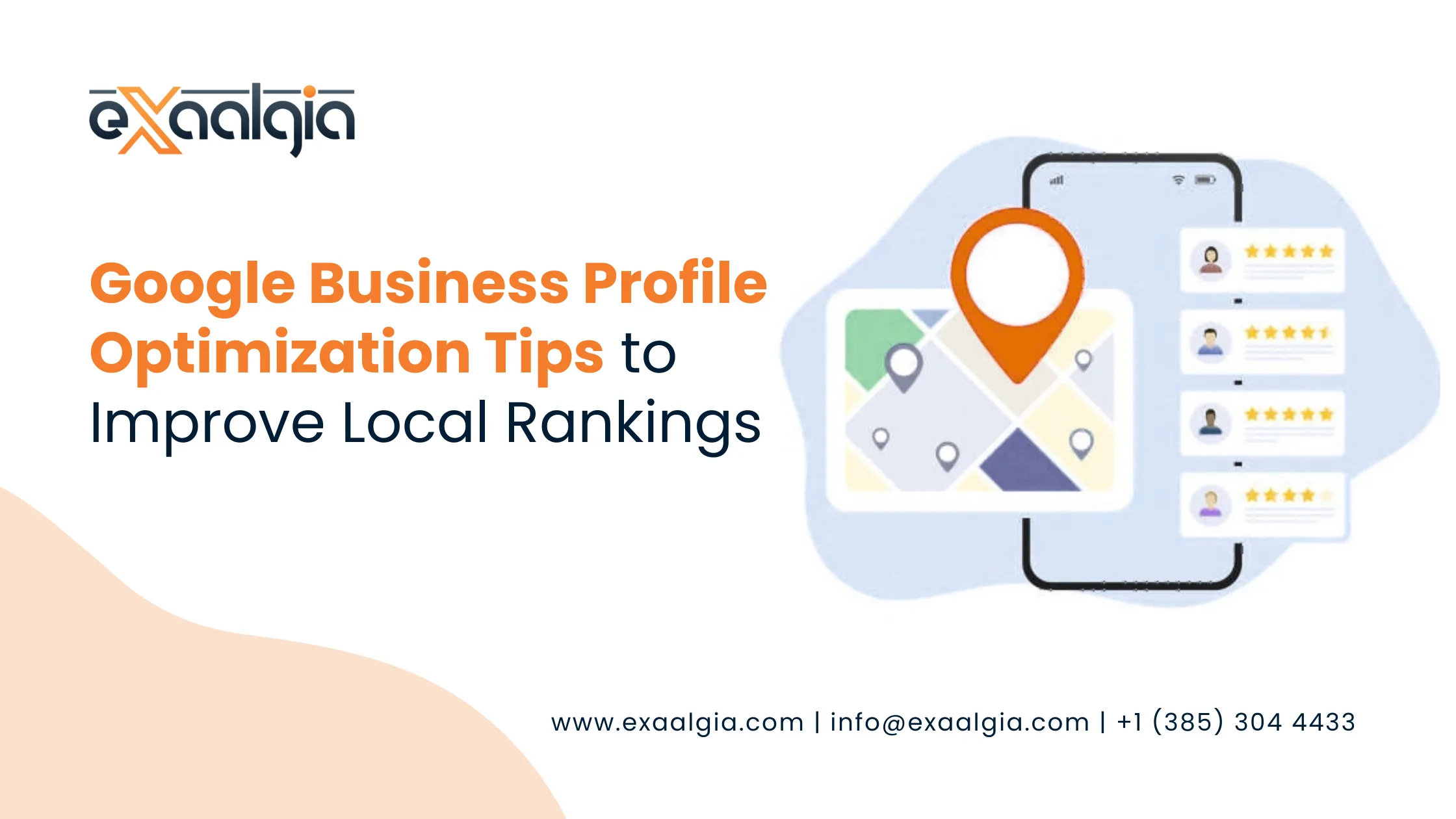This blog explains about SEO management –
Key takeaway points –
- Basic of SEO, off-page SEO, on-page SEO
- SEO management strategy
- Steps that you can take to successfully manage SEO
SEO or search engine optimization is a process of improving your website for the online visibility of your business in different search engines like Google, Yahoo, Bing, etc.
It consists of various strategies which help in ranking your website above your competitors and generating traffic on your website.
This is a continuous and ongoing process, other inorganic strategies like Google AdWords, paid advertising might help you to get results instantly, but SEO can’t.
SEO takes months to get the keyword ranked and increase traffic. But it is more permanent than inorganic SEO.
Let’s dive into the SEO management –
SEO’s Basic Elements
When it comes to overall SEO management, there are two paths that are equally important:
On-page SEO
This is the process of optimizing your own website. Such as creating content, writing metadata, organizing URLs,s and more.
This increases the chances to rank your webpage in search engine result pages.
Off-page SEO
Off-page SEO refers to SEO that occurs outside of your websites, such as link building, content sharing, and more.
Part of this equation is to establish relationships and provide material that people want to share. It is crucial to the SEO process, despite the fact that it takes a lot of work.
What is search engine optimization management?
SEO management refers to the management of your online marketing strategy, by an agency or individual.
Your SEO team or agency implement strategies, generate leads and modifies your marketing goals to maximize your online results to achieve your marketing, sales, and business goals.
A bunch of different strategies is used to generate organic traffic. Every SEO company has its way of managing SEO.
There is no hard and fast rule of following the defined process for SEO. Companies often customized their strategies to generate the best ROI for their clients.
Now a day, more and more people are using the internet on a daily basis. So companies are shifting toward online marketing over traditional marketing.
Companies are spending a good amount of money on SEO management. A study revealed that 55% of company’s partners with an SEO agency for marketing.
Steps for successful SEO management
If you hire an agency for managing your SEO, you should also understand how it works. SEO management needs to be strong to have a strong internet marketing strategy.
Here are steps for successful search engine optimization management –
Audience Research
The first and foremost thing for SEO management is your target audience.
You need to understand your product and services to target your audience. For this, you need a depth knowledge of your target market, the latest trends, how they are doing, and how the market is behaving.
Here are some questions a business needs to answer –
- What are you offering to your target market?
- Are your product and services being good enough to satisfy their requirements?
- Who are your competitors? How they are performing?
- What strategy your competitors are following?
Market changes every day and also search engines get updated to show the best results in SERP.
Read the Latest SEO Trends.
So you need to have an updated strategy for SEO if you want to see results. A strategy used months ago might not be helpful in the current scenario. Hence you need to understand the market continuously and plan your strategy accordingly.
Competitor Analysis
The second most important thing under SEO management is competitor analysis.
Competitor analysis gives you a picture of how your competitors are doing in a market. What strategy they are following to attract their audience. Whether you hire an SEO agency or you decide to do it on your own, you should do a competitor analysis before making a search engine optimization strategy.
There are two types of competitors –
Direct competitors
These are the know competitors of your business. You might have a list of these competitors. You need to have a look at how they are doing in SEO.
Indirect competitors
These are the business you might not be aware of but appears in the search engine results.
Say for example- Two or more businesses can use the same keyword “local wholesale dealer”, they might be offering different products but the keyword they use is common in the category of wholesalers. Hence, they will be considered as your indirect competitors.
While doing a competitor analysis, you need to consider both direct as well as indirect competitors. Many times, indirect competitors have a strong strategy than direct competitors. Hence you need to carefully examine the strategy of both.
While doing a competitor analysis, you should consider the following points –
- Target Keywords
- Investment in SEO
- Backlink Profile
- Strategies Followed
- Target Audiance
Website Optimization
Aftermarket and competitor analysis, website optimization is the next step.
Once you have studied your target market and competitors, you need to focus now website optimization. This is a bit of a difficult process as lots of technical things are involved.
You can optimize your website by implementing details like title tag, meta description, headings (H1, H2,..H6), images, content.
Let’s discuss these points –
Title tag
A title tag is the tile of your website’s page that appears in the search results. Your title tag should use the primary keyword that you are targeting.
A title should be short and catchy that grabs the attention of the users and encourage them to click and visit your website.
Meta description
A Meta description refers to the description of your page. It is a short introduction to your webpage. The meta description should also have keywords in it as it also appears in the search results along with the title tag.
Headings
The heading of your website plays a very important role as it is the first thing that visitors see. Usage of keywords in the heading is a good practice from a search engine optimization point of view. Heading should be catchy, short, and to the point.
Images
Images make the page more attractive and provide importance to your webpage. A page without an image is usually unable to engage the visitor for a long time.
If your page consists of images, charts, graphs, a visitor stays on a page for a long.
Practice optimizing images with keyword-centric file names and alt text.
Content
Your website should have updated and relevant content on it. It should be able to provide all the necessary information that a visitor might look for. Proper usage of keywords in the website content helps in SEO. You should avoid keyword stuffing while generating content for your website.
Link Building
After website optimization, link building is the next and another important step in SEO. Link Building is the major ranking factor on every search engine.
A backlink help boost your on-page optimization. A link from an authoritative website helps your SEO by increasing the authority of your website, it also helps to index your keywords for your webpage.
The most profitable way to boost your authority through link building is to acquire backlinks from credible, high-quality websites. Try avoiding getting links from spammy and irrelevant sites, they probably won’t help you rank any better.
There are numerous ways to gain backlinks such as by guest blogging, social media promotion, creating linkable assets, outreach, pursuing competitors’ backlinks, and more.
Read a blog on – Link Building Techniques
Monthly Reporting
Written documents play a very important role in SEO. Keeping data helps your website to track and analyze the changes. It helps to easily measure how your strategy is doing. You can modify it according to the requirement. You can also see the areas of improvement for your next SEO strategy.
Most SEO professionals provide you with monthly work reports for you to have records of what work has been done and what is progress has been done so far. You can compare the results on monthly basis to be sure that you have instead at the right place.
Tools like Google Analytics, Google Search Console, SEMRush, and Ahrefs can be used to monitor your progress. Reporting is the last but very important part of SEO management. Whether you do it in-house or hire an agency, reporting helps in improving your SEO strategy and fills the gaps.
You can learn more about SEO management or you can hire our SEO services for your online marketing campaigns. Contact Us.







